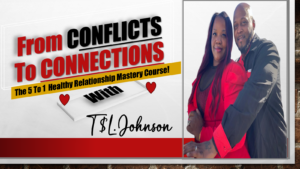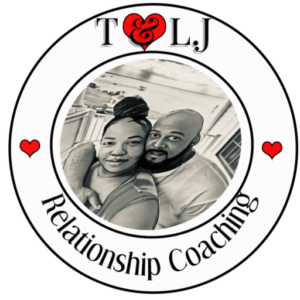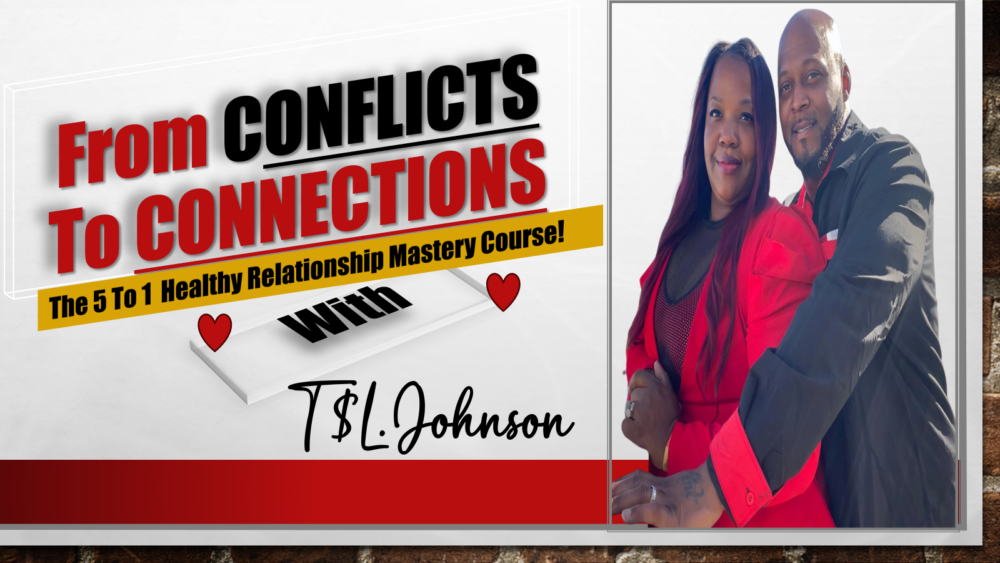Embracing Vulnerability
The Power of Being Real
Let’s get real for a second—embracing vulnerability isn’t always easy. It takes guts to expose your true self, right? I’ve found that when I allow myself to be open about my feelings and thoughts, it creates a connection that’s truly special. It’s like a weight lifts off my shoulders when I stop pretending everything’s perfect.
Being vulnerable has a magic quality. It invites others to share their authentic selves, too. I remember having a chat with a friend after a tough week, and just letting her know how overwhelmed I felt. That simple act led her to open up about her struggles, and suddenly, we were both in a space filled with honesty—no masks required. It’s liberating!
And guess what? Vulnerability isn’t a sign of weakness; it’s a sign of strength. Opening up can actually empower you and your relationships. It’s about being brave enough to show your true colors and, in turn, inspiring others to do the same.
Active Listening
Engaging with an Open Mind
Active listening is a game changer! It’s not just about hearing what someone else is saying; it’s about fully engaging in the conversation. I’ve noticed that when I put my phone down and give someone my undivided attention, the quality of our exchange skyrockets. It shows that I care, that I’m present in the moment.
This part of honest conversations requires practice. When I first started focusing on listening without planning my reply mid-sentence, I was surprised by how much richer my interactions became. I could learn so much more from others’ experiences and perspectives when I simply listened.
Being a great listener also means offering feedback that shows I’m processing what they’re saying. It’s all about nodding, asking questions, and clarifying points. When the other person realizes that I’m genuinely interested in their thoughts, it deepens our connection and lays the groundwork for honesty.
Creating a Safe Space
Setting the Right Tone
Creating a safe space for conversations is essential. I’ve realized that if people feel judged or attacked, they’re less likely to open up. When I invite friends and family into a conversation, I intentionally set a tone that’s warm, welcoming, and free of judgment. This way, everyone feels like they can speak their mind without fear.
Developing a safe environment can mean different things for different people. For me, it often involves having these deeper talks in a comfortable setting, like a cozy coffee shop or even at home over some hot cocoa. The location adds an element of comfort that’s crucial!
Moreover, I’ve learned that it’s important to reassure others that their feelings and thoughts are valid. Saying phrases like, “I get that this is tough to talk about” can go a long way in building trust. People need to know they’re in a safe bubble where their voices matter.
Honesty and Transparency
The Importance of Being Sincere
Now, let’s dive into a biggie—honesty and transparency. I can tell you from personal experience that being real with myself and others can sometimes be uncomfortable but is always worth it. It’s vital to share not just the good stuff but the messy, complicated parts as well. That’s where the growth happens.

I remember a time I had a difficult conversation with a coworker about a project. Instead of sugar-coating the challenges, I laid it all out there. To my surprise, it forged a sense of camaraderie between us, leading to better teamwork. Being straightforward opened channels for clearer communication, alleviating misunderstandings.
When we practice honesty, it cultivates a culture of trust. I often reflect on how I’d want someone to communicate with me if our roles were reversed. By being transparent, I show the other person that they can rely on me for genuine feedback and support, which reinforces our connection.
Finding Common Ground
Building Alliances through Shared Experiences
Last but definitely not least, finding common ground is crucial in open conversations. Recognizing that we all share experiences, fears, and dreams helps to create bonds. I’ve had several discussions where, upon sharing stories, I discovered shared struggles that instantly made our conversation relatable.
Connecting over these shared experiences can ease any tension and open paths to honest dialogue. For instance, during a conversation about career paths, I found that a friend had faced similar setbacks. By highlighting our commonality, we could share how to navigate such challenges together.
Ultimately, building alliances through these shared moments can lead to deep and meaningful conversations. When we realize we’re not alone in our feelings, it empowers us to speak more openly and honestly about what’s really on our minds.
FAQ
1. Why is vulnerability important in conversations?
Vulnerability helps create deeper connections between people. When we’re open about our feelings and experiences, it encourages others to do the same, fostering genuine conversations.
2. How can I become a better active listener?
Start by giving your full attention to the speaker, avoid interrupting, and engage in the moment with nods and affirmations. It may take practice, but it significantly enhances the quality of your conversations.
3. What makes a space feel safe for honest conversations?
A safe space is one where judgment is absent, and feelings are validated. Set a kind tone and encourage openness by creating an inviting environment.
4. How can I ensure I’m being honest without being hurtful?
Honesty doesn’t mean being harsh. It’s about being sincere while remaining compassionate. Focus on how your words might affect the other person and opt for a gentle delivery of your truth.
5. What’s the best way to find common ground with someone?
Start by asking open-ended questions about shared interests or experiences. Relating over personal stories can reveal similarities that make conversations feel more connected.

Schedule Your First 20-Minute Coaching
Call With Us Today to see if we fit . You pick the price!
Click Here




